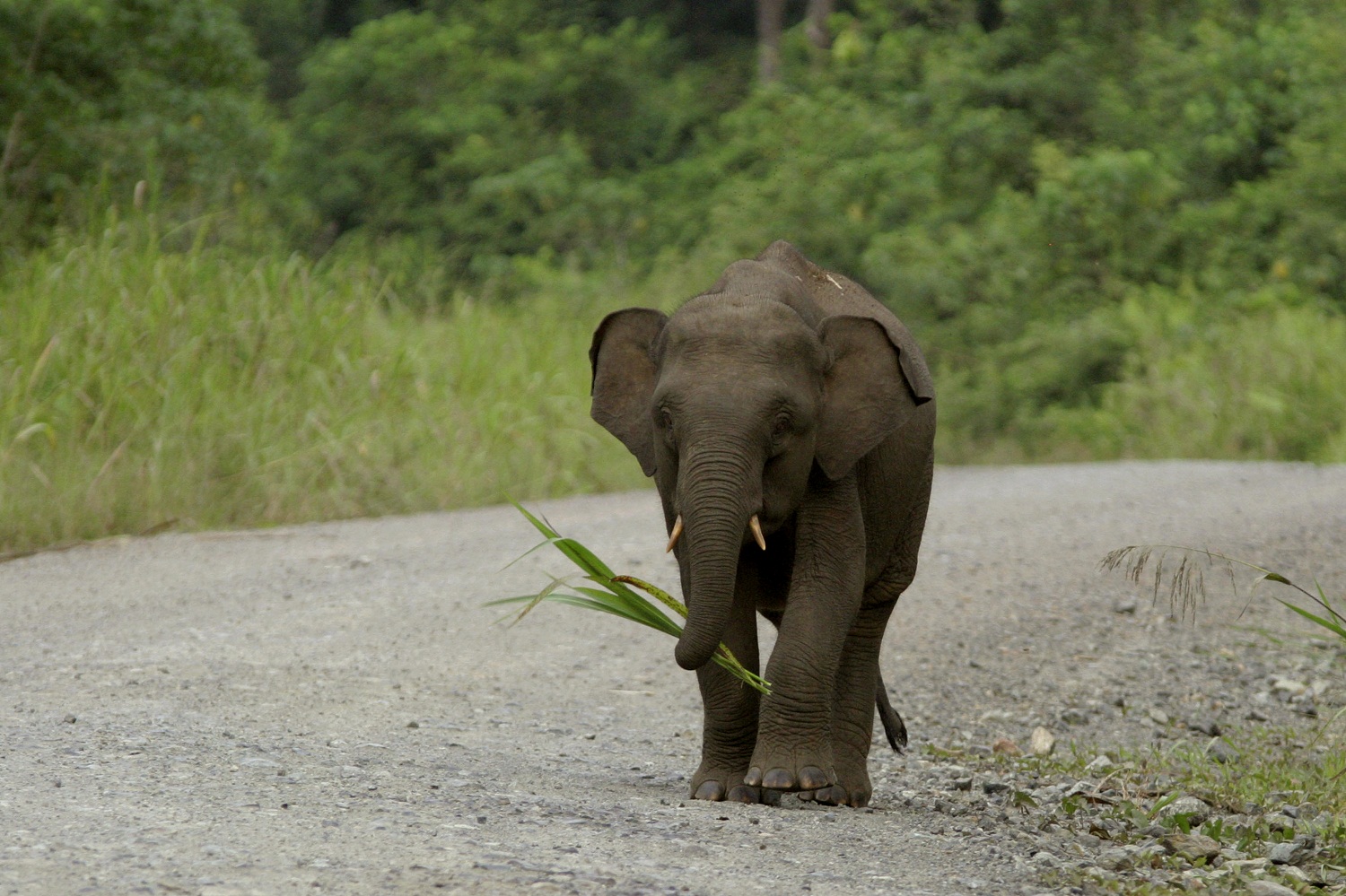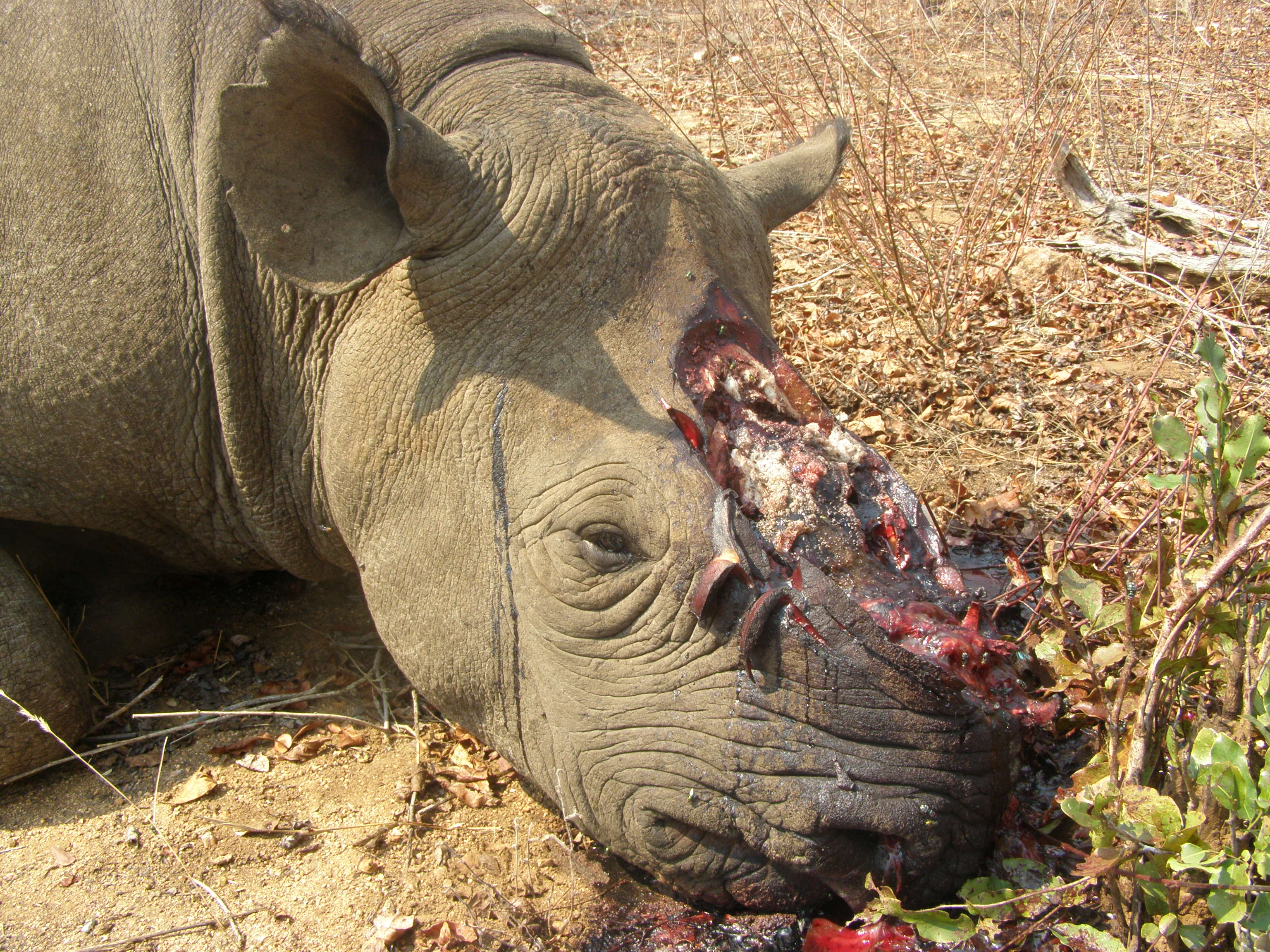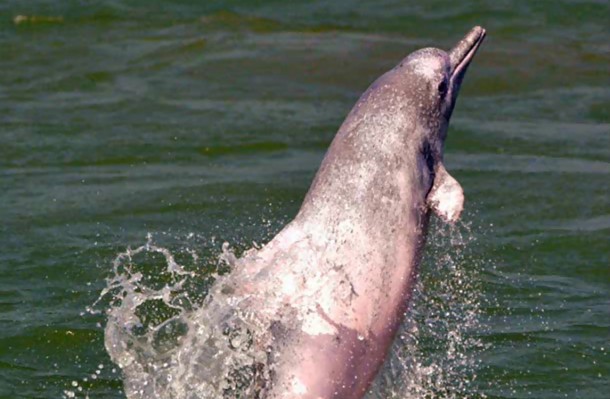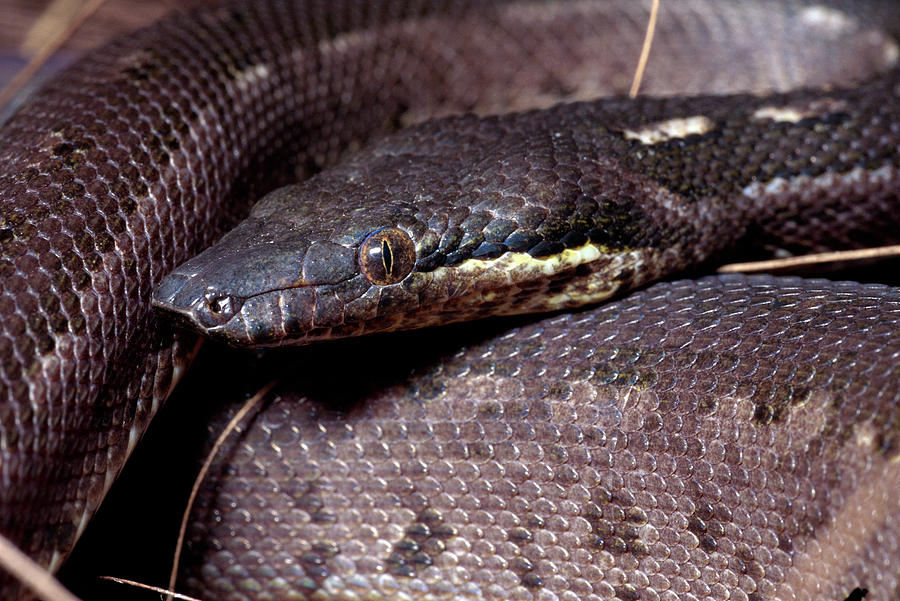Conservationists are launching the first European breeding programme for ploughshare tortoises in an attempt to create a vital safety net population of the Critically Endangered animals.
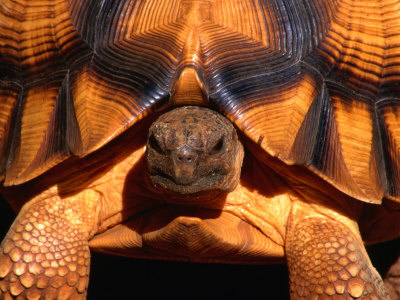
Ploughshare tortoises are already being kept in captivity in America, where 20 animals are registered within three institutions, but it is the first time that they are being coordinated to form a breeding population in Europe. It follows a boom in the Asian pet trade, where ploughshares are being sold illegally for high prices, raising further concern for the future of the species.
The ploughshare tortoise is one of the most threatened species on the planet and until now, conservation efforts have focused on saving the species in its home range in Madagascar and protecting its native habitat, where Durrell began working with the species in 1986.
To start the European breeding programme, 13 rescued tortoises have been brought to three respected zoological institutions. Durrell Wildlife Conservation Trust in Jersey, Chester Zoo and Rotterdam Zoo are each receiving some of the animals, which were part of shipments that were seized by the Hong Kong government in 2009 and 2010.
Matthias Goetz, Head of Durrell’s Herpetology Department, said: “Thankfully the rescued tortoises were given to the Kadoorie Farm and Botanical Garden (KFBG) wild animal rescue centre, which took great care of them and started working with international partners to identify new homes for the animals. Along with the other two European institutions, Durrell is delighted to be receiving some of the tortoises and playing a part in a new captive breeding programme which aims to save these beautiful creatures from extinction.”
Restricted to small fragments of land in the northwest of Madagascar, the tortoise has historically lost much of its habitat to burning for cattle farming. However, the rarity of the species has made it one of the most sought after reptiles in the illegal pet trade, and individuals are able to command high prices in the markets of South East Asia and beyond.
Matthias said: “Sadly, an increasing number of animals have been smuggled out of Madagascar through South Asian countries where more and more have been seized by border authorities. While it has been possible to repatriate some, this is challenging and if the animals have spent time outside of Madagascar there are disease risks to bringing them back. Equally, establishing a viable international breeding programme for the species has been identified as one of the key approaches to ensuring the species’ survival.”
The European breeding programme will now work alongside the one in America and the dedicated conservation actions in Madagascar. However, Dr Gerardo Garcia, Curator of Lower Vertebrates and Invertebrates for Chester Zoo, stressed that they would have to be patient while waiting for results from the new arrivals.
He explained: “As with all things associated with tortoises, it will take a while before these animals are ready to breed. They are only young and it will take a few years for them to reach maturity. But what is important is that the European breeding programme has now started and in the future, seized ploughshare tortoises will form part of an international safety net population, should the worst happen to the remaining tortoises in Madagascar.”


